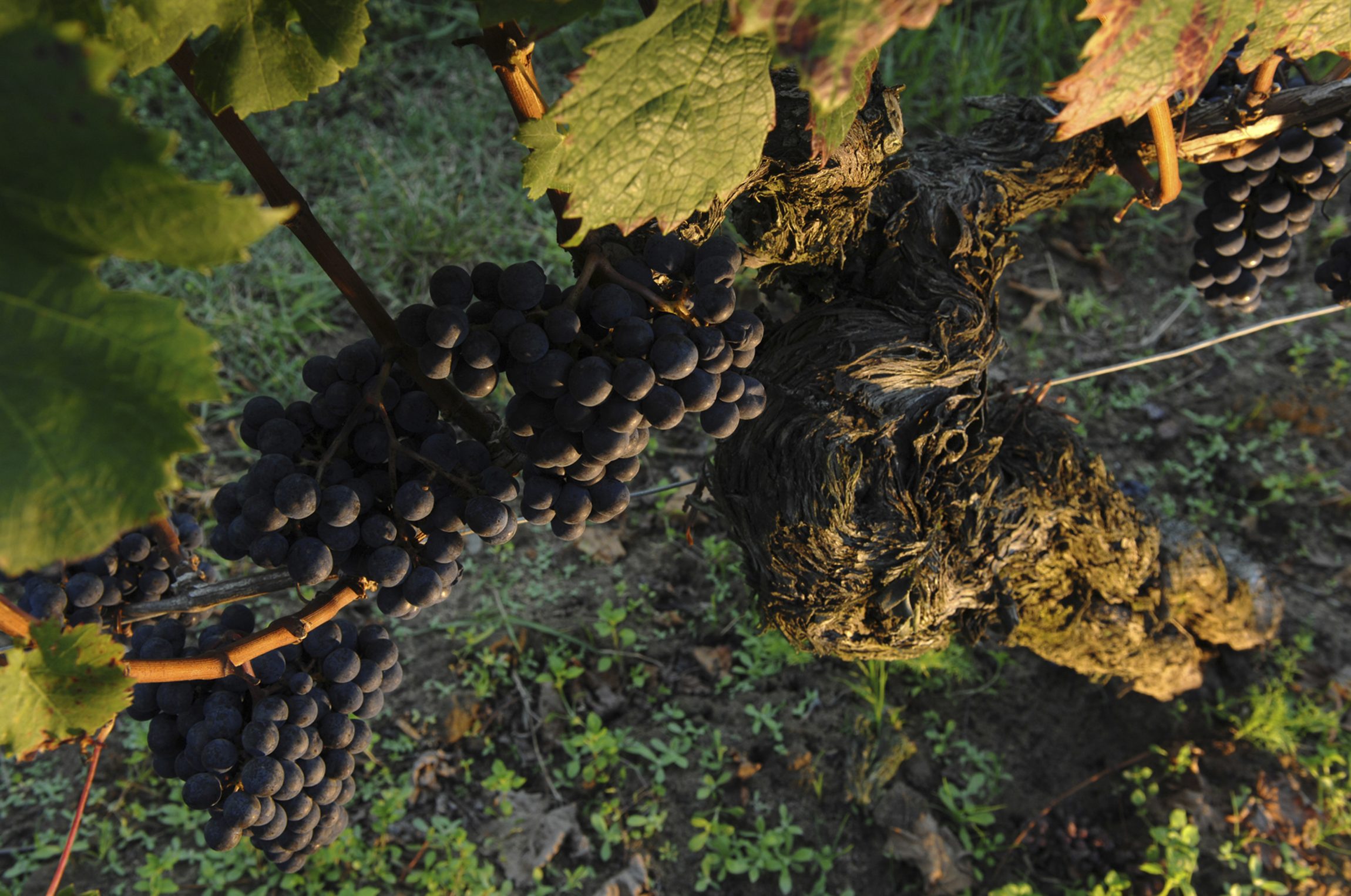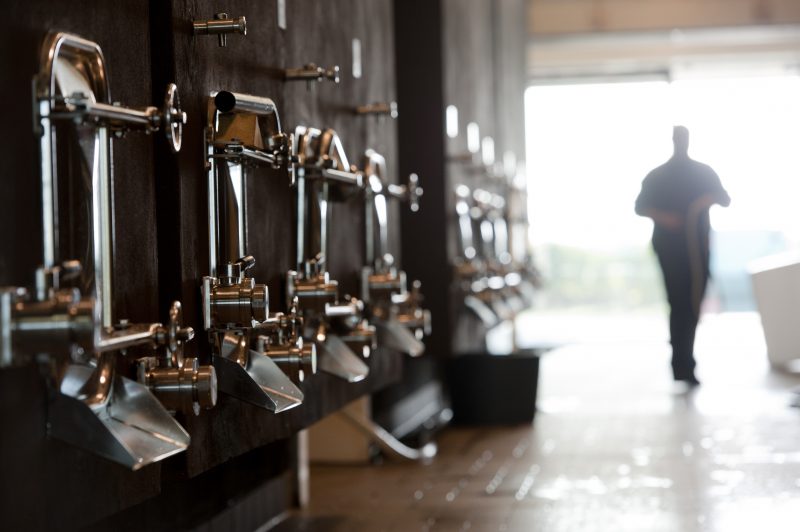


Growing methods & Certifications
The tradition of striving for quality and innovation that reigns here drives the winegrowers in Saint-Émilion to constantly challenge their ways of doing things. They are continuously seeking to progress in quality and willingly accept 5-yearly audits of their production facilities from the vineyards to the cellars, as well as checks on the wine each year on bottling. This is why Saint-Émilion remains at the forefront of excellence.

With its tradition of innovation, Saint-Émilion was the first to implement quality control through tasting in 1948. In 1955, a classification of Grands Crus was established for the best wines under the supervision of the quality regulatory body INAO and the French Ministry of Agriculture, to be revised every ten years. As the classification changed, so did its processes. After an initial modification carried out in 1984 to reflect developments in AOC regulations, the classification procedure was again altered in 2011, placing a primary focus on tasting. The level of the wines’ quality and consistency is evaluated by a panel of expert tasters.
These demanding requirements drive all the appellations’ winegrowers to strive for excellence and, consequently, boost the reputation of Saint-Émilion wines throughout the world.

To improve the quality of their wines through the ages, the winegrowers of Saint-Émilion have been able to innovate in response to environmental challenges. To remain on top of the multitude of terroir variations and prosper in spite of their estates’ limited size, they have needed to deploy the very latest innovations, whilst always taking past experience into consideration.
Inventions are commonplace in Saint-Émilion. They have arisen from individual or group initiatives, but always from owners full of passion and close to their vines; like “garage wines”, crafted by tiny estates, but using the techniques of the Grands Crus Classés, or the process of handling freshly harvested grapes without pumps using gravity only to ensure they are intact on arrival in the vats. Indeed, this process has been adopted on a large scale by the cellars of the Saint-Émilion wine cooperative.
The winegrowers of the four appellations are always keen to test new tools or methods and have an intimate connection with their small estates (8 hectares – 20 acres on average). And they never hold back from the challenge of reducing their impact on the environment and improving performance.


Here, the way to grow grapes and make wine is not set in stone. The smaller and thus more flexible dimensions of the estates are conducive to experiments and bold growing choices. The Saint-Émilion Wine Council alongside researchers and oenologists from The Higher Institute of Vine and Wine as well as the Bordeaux Wine Trade Council (CIVB), conducts research on all aspects of grape growing, winemaking, tasting and bringing wines to market.
Because the winegrowers work tirelessly to improve their skills, Saint-Émilion is a world-renowned hub for innovation and experimentation.
In Saint-Émilion, solidarity is not an idle word or a smokescreen. It is a value shared by all, regardless of how prestigious their estates may be.
The area of Saint-Émilion has never shied away from creating the bodies needed to encourage mutual aid and good communication. Indeed this is how new techniques and best practices have been circulated for almost 10 centuries since the creation of the Jurade in 1199, the Saint-Émilion Wine Union, the first of its kind in France, in 1884, the Union of Saint-Émilion Producers in 1931, and the Saint-Émilion Wine Council in 2007
The training programmes created by the Saint-Émilion Wine Council have also been very beneficial. The winegrowers can receive individual advice provided by experts, which goes beyond their vineyards and winemaking. Sustainable development, brand protection, promotion, wine tourism and monitoring regulatory changes, are all important areas of discussion.